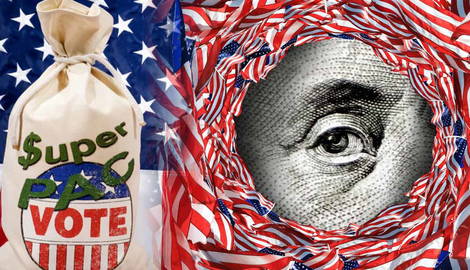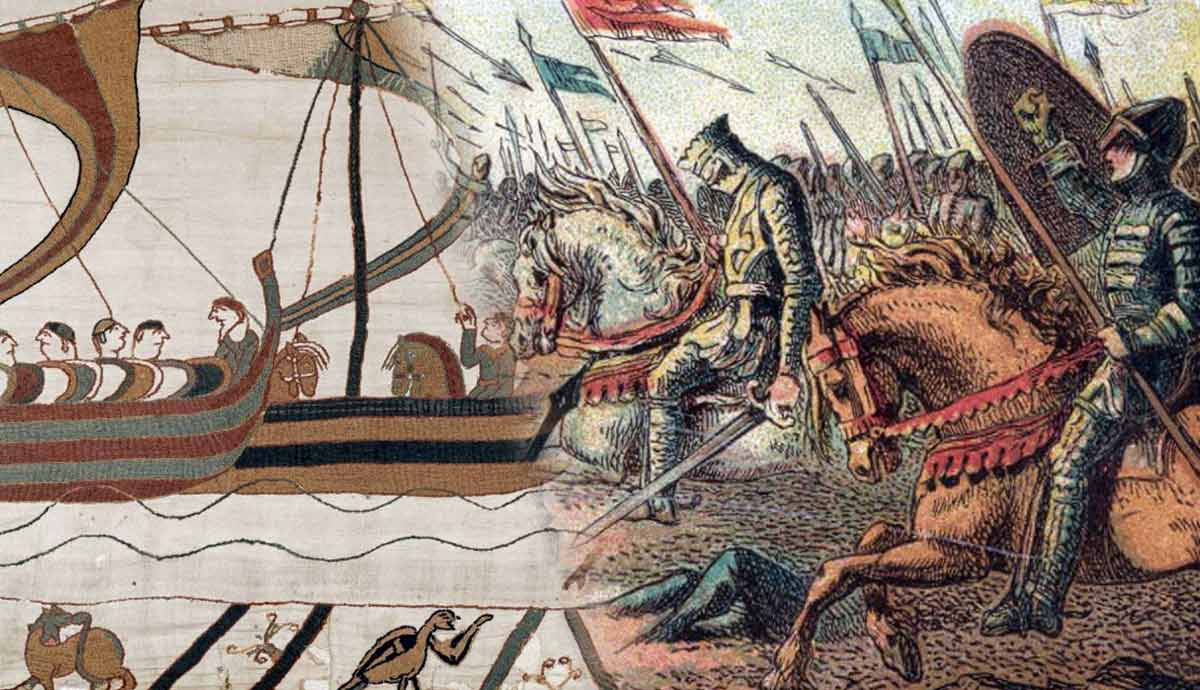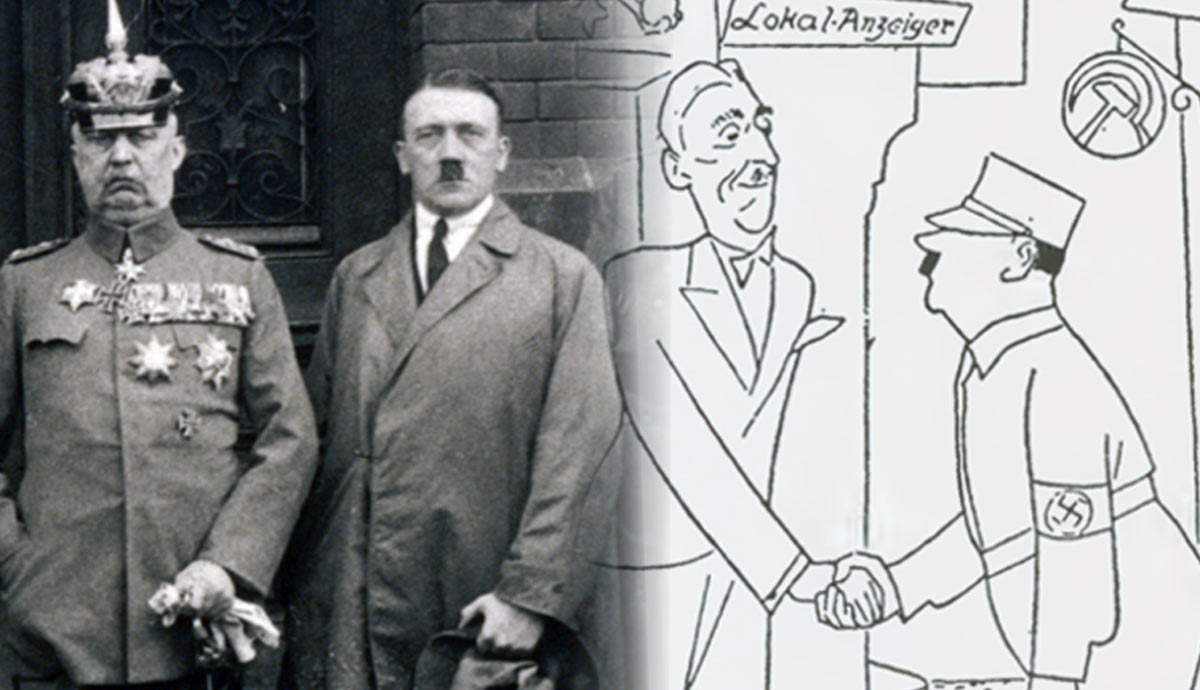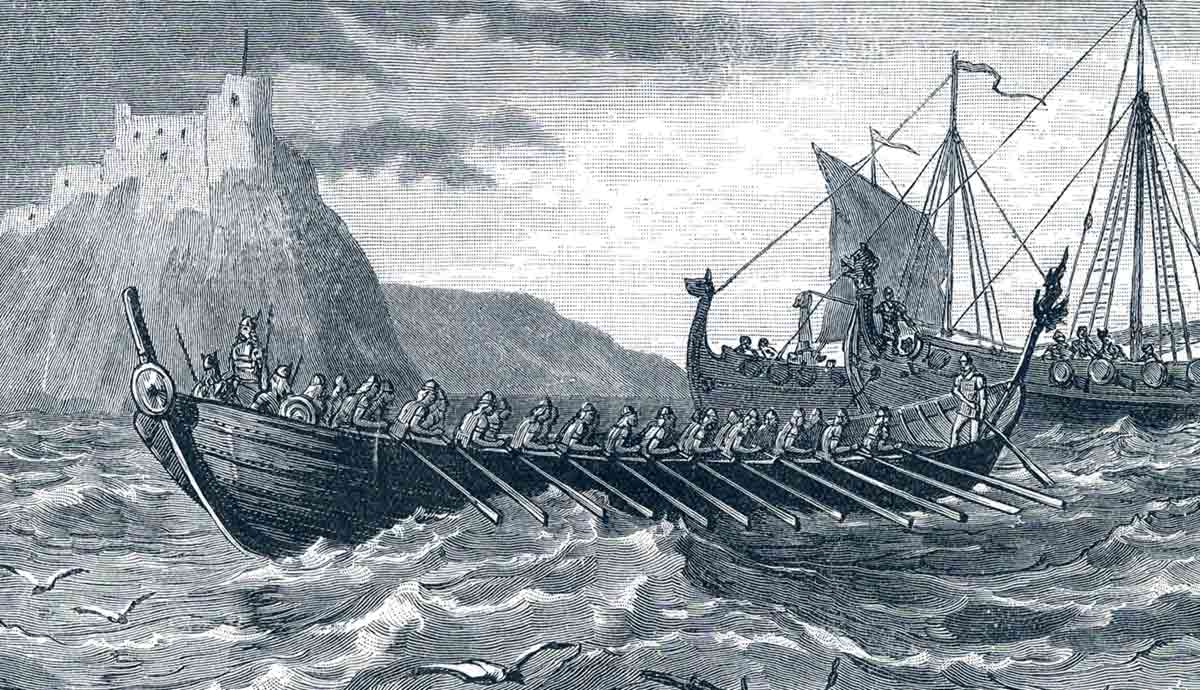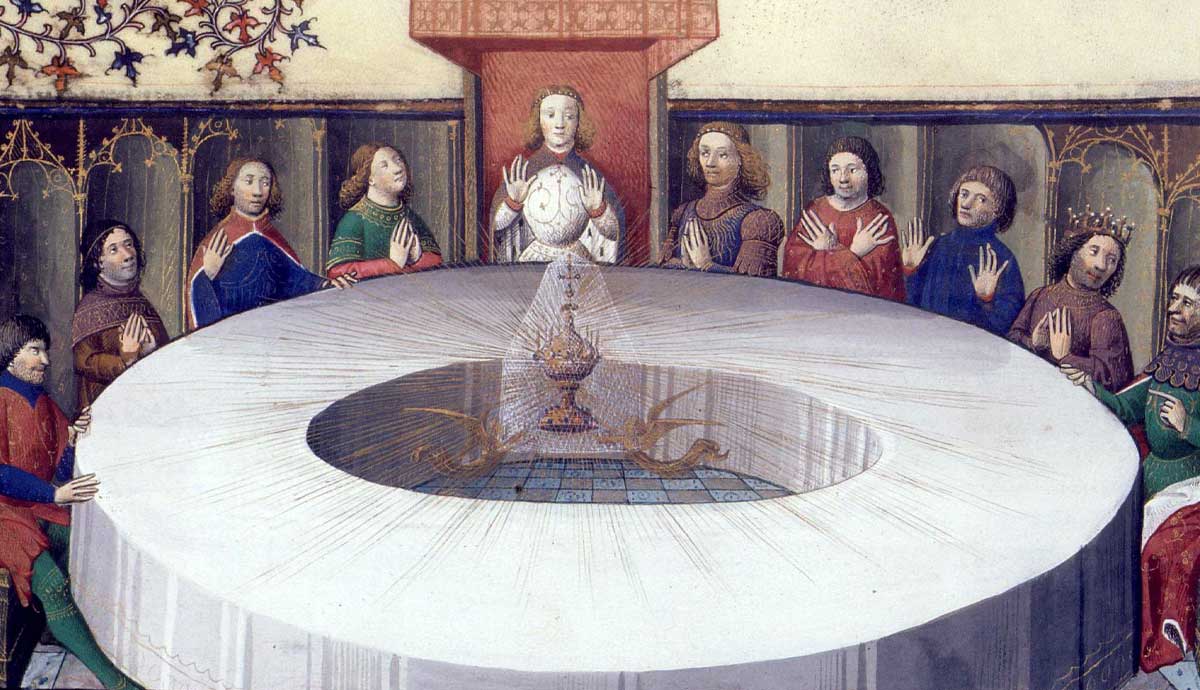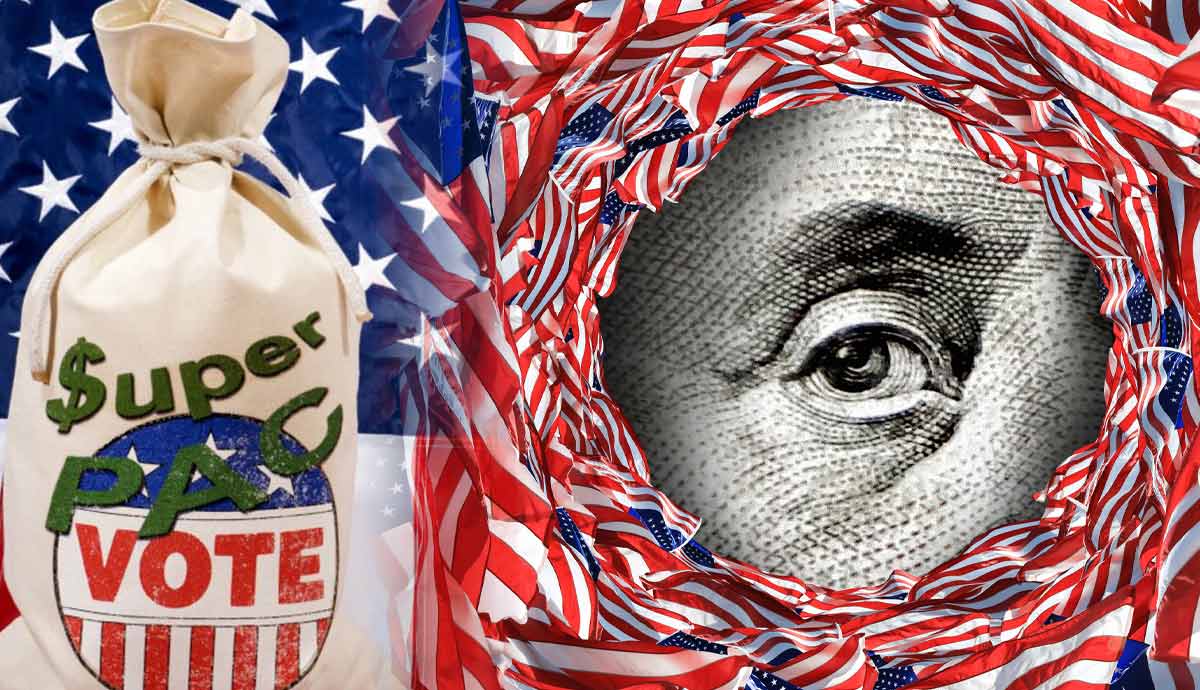
Supporters of both major political parties often grumble about the controversial role of money in politics, usually alleging corruption due to candidates being “owned” by donors. Was it always this way? Have any laws been passed to try to limit corruption in the form of candidates being improperly influenced by donors? From the era of machine politics to today’s super PACs, it is undeniable that wealthy donors hold lots of influence over politicians. How did this scenario come to be? Can anything be done to level the playing field? From the Gilded Age to today, here is a look at the vital role of money in US elections.
Pre-Civil War Campaign Finance

Campaign finance was not a major issue prior to the American Civil War (1861-65) because few candidates above the local level actively campaigned for office. For the first few decades of the United States, most candidates were self-funded and were more prone to giving voters gifts—perhaps in the form of alcohol—than receiving them. Thus, political corruption was still present in the early 1800s, but not usually in the form of candidates being “bought” by donors. This began to change in the 1820s with populist candidate Andrew Jackson, who was one of the first presidential candidates to actually campaign.
Jackson publicly sought the vote and organized a campaign, which was a new practice. Previous presidential candidates humbly accepted the party’s nomination shortly before the general election and did little networking with common voters. While Jackson did not solicit donations per se, his populist movement made politics a national pastime by helping expand suffrage to all white men. The era of Jacksonian Democracy ended property ownership requirements for voting, making politics more accessible for the masses…and opening the floodgates for campaign donations.
Gilded Age and Rise of Political Machines

After the Civil War, the right to vote expanded further—at least on paper—with the Fifteenth Amendment. All men could now vote, regardless of race. In rapidly growing Northern cities, this expanded suffrage to many immigrants and African American men. These new voters were courted by political parties and candidates, who offered government services in exchange for political loyalty. During the Gilded Age (late 1860s-1890s), government services such as police and fire protection, parks, schools, and sanitation were often provided sporadically on the basis of political patronage. This relatively new provision of services meant government contracts for businesses, who could bid (or bribe) for them.
With local governments not well developed at providing services and most citizens living below the middle-class threshold, campaign finance was largely left to wealthy capitalists who dominated urban employment. Politicians would make deals with these capitalists and industrialists to fund their campaigns, guarantee their employees’ political support in exchange for government contracts, and disregard any lawbreaking. Some modern historians argue that the Gilded Age was not the cesspool of corruption we imagine and that this portrayal was largely due to biased historians from the Progressive Era.
1890s: Barnstorming and Increase in Campaign Expenses

The modern goal of crowdsourcing campaign contributions from supportive voters evolved at the beginning of the Progressive Era with populist candidate-turned-Democratic Party presidential nominee William Jenning Bryan. Similar to Andrew Jackson before him, Bryan campaigned actively and broke the trend of presidential candidates conducting “front porch” campaigns where they networked only with party figures and newspaper editors. Bryan crisscrossed the country giving speeches, which was costly.
Bryan’s opponent, Republican nominee William McKinley, was largely bankrolled by millionaire Republican figure Mark Hanna. By 1896, the press was no longer as accepting of this sort of cozy relationship between a political candidate and a tycoon, and there was lots of negative coverage in newspapers. However, Hanna also served as campaign manager, essentially creating this new position for political campaigns. Although McKinley won the presidential election that autumn and re-election in 1900 with Hanna again serving as campaign manager, the winds were shifting in terms of acceptable campaign finance.
Early 1970s: First Federal Campaign Laws

After the era of William Jennings Bryan, who lost all four elections as Democratic presidential nominee, it was common for both major party nominees to actively campaign across the country. This was expensive, and candidates were eager for donations. During the 1950s and 1960s, this was mostly supplied by individuals and interest groups rather than corporations. At the time, corporations typically exerted influence in politics by hiring lobbyists to network with members of Congress. Still, by the 1950s, wealthy families were found to have significant political power, thanks to their campaign contributions.
During this era, campaign contributions were “not subtle” and were rarely hidden. Although federal laws had been passed beginning in 1907 to limit corruption through campaign contributions, they had been largely unenforced and were subject to significant loopholes. For example, there were limits on donations to individual candidates and national party committees, but not the parties as a whole. In 1971, the Federal Election Campaign Act (FECA) was passed to place limits on how much candidates could contribute to their own campaigns and spend on advertising. It also included disclosure requirements that required candidates to report campaign contributions and spending.
1975: Creation of the Federal Election Commission

To enforce FECA requirements, a new government agency was needed. Thus, the Federal Election Commission (FEC) was created in 1975 to enforce FECA and its many additional amendments passed after the Watergate Scandal. To minimize corruption, FECA was regularly amended even after 1975 to improve quarterly disclosure requirements for campaigns. Many politicians and wealthy donors disliked these requirements and viewed them as infringing on their privacy and freedom of expression.
The validity of the FEC and FECA was quickly challenged in the Supreme Court case Buckley v. Valeo (1976). In its decision, the Court found that campaign contribution limits were constitutional as necessary for a fair representative democracy. However, the Court struck down limits on campaign spending, such as on advertising, as an unconstitutional limitation of the First Amendment. In summary, it was acceptable for the government to limit how a campaign could raise money but not how it could be spent.
2002: Bipartisan Campaign Reform Act (BCRA)

While the FEC enforced dollar limits on donating to individual candidates as part of FECA, donors could use the soft money loophole by donating unlimited funds to political parties. The parties would then divert the money to the candidates, allowing the wealthy donors to still have tremendous influence. Soft money was supposed to be used for general voter engagement, such as get-out-the-vote drives, but both parties quickly began using it to support federal candidates (US House of Representatives, US Senate, US President/Vice President). The parties could justify such spending if they praised a candidate but did not directly advertise as part of that candidate’s campaign.
In 1991, the FEC first began requiring soft money disclosures, and it was revealed that considerably more political donations involved soft money to parties than hard money to candidates. Six years later, after the 1996 presidential election, two US senators crafted a bill to try and close this campaign finance loophole. The Bipartisan Campaign Reform Act (BCRA) of 2002, also known as the McCain-Feingold Act (after the two senators who crafted the bill), banned the use of soft money to support federal candidates. Additionally, money raised by a political party in one state could not be sent to another state, limiting out-of-state influences on candidates.
2010: Citizens United Supreme Court Decision

Wealthy political donors were not happy with the BCRA and said it limited their First Amendment right to freedom of expression. They argued that political speech should be protected, similar to individual speech. If it was their money, why could they not use it for political speech the way they could for other forms of expression, such as creating a book, movie, or work of art?
The US Supreme Court agreed in the case Citizens United v. FEC (2010). The Citizens United political action committee (PAC) won the right to spend unlimited amounts on political advertising…as long as it was not directly linked to a specific candidate or political party.
Thus, the Citizens United decision drastically increased the amount of money in political campaigns, though such money was spent indirectly in assistance of a candidate. PACs, corporations, interest groups, and wealthy individuals could run unlimited commercials supporting a political view on an issue. This upset many people, who argued that allowing wealthy groups and corporations to spend such large amounts effectively drowned out the voices of common citizens. Why would politicians need to listen to individual constituents when they could rely on a single super PAC to spend tens of millions in their favor?
Current Players: Super PACs and Alleged Dark Money

The rise of super PACs in the aftermath of the Citizens United decision has created a powerful new player in campaign finance. Wealthy individuals who want to help a candidate or party win but avoid negative press for donating large sums can anonymously donate through super PACs using shell companies. This makes it difficult for watchdog organizations and the government to limit political corruption. A victorious candidate may be told in secret who the donor is and reward them directly or indirectly, while the public remains unaware of the source of the donation(s).

Because the Citizens United decision allows unlimited corporate political spending, individual donors can allegedly hide behind corporations created expressly for the purpose of political influence. This is part of a controversial trend known as dark money. The FEC reports the group that made the contribution but not necessarily the individuals within the group who put up the funds in the first place. Critics claim that the 2010 Supreme Court decision undermines democracy by preventing voters from knowing whose views and opinions they are hearing.
Current Campaign Finance Limits

Hard money limits still exist, though many claim they are less important today due to super PACs and dark money. Both major political parties and most federal candidates actively seek small-dollar donations from common citizens, which the FEC considers as $200 or less per donor. Many populist candidates can raise large campaign funds from small-dollar donations, though these are usually a minority of their total fundraising. For presidential elections, these small-dollar donations may be the single biggest source of funding but are collectively outweighed by PACs, large donations, and self-funding.
Despite small-dollar donations making up only a minority of campaign finance today, candidates who have lots of individual donors can advertise this fact to show their popular appeal. It is also common for candidates to accuse their opponents of relying on wealthy donors, super PACs, and “outside groups” for assistance, implying either corrupt tendencies or a lack of local popularity. And although plenty of individual voters donate to candidates and parties, only a tiny percentage hit the cap on hard money donations. For example, less than 0.6% of adult women and 0.9% of adult men donate $200 or more to rise above the level of “small-dollar donation” in any election cycle.
Continued Campaign Finance Controversies

Campaigning costs money, so there is likely no way to make the playing field perfectly fair. Many individuals enter politics with plenty of amassed wealth, allowing them to self-fund campaigns. Critics of wealthy self-funders, who can spend unlimited amounts of their own money to campaign, argue that this makes it harder for common citizens to run for office. Others, however, argue that self-funders are less likely to be corrupt because they do not have to rely on donations from potentially unscrupulous donors. Overall, those who run for political office and win are statistically far wealthier than the general population.
Another continued controversy is the reliance on super PACs across the political spectrum despite individual candidates decrying their use. Basically, all candidates like to praise small-dollar donations, but these can be unreliable during periods of economic instability. Instead, both conservative and liberal candidates tend to benefit from super PACs that operate independently of them, allowing them to criticize super PACs in general while still receiving support from specific ones. Critics label this as blatant hypocrisy: candidates criticize dark money and super PACs as hurting the political process but rarely directly address the ones that advertise in their favor!
